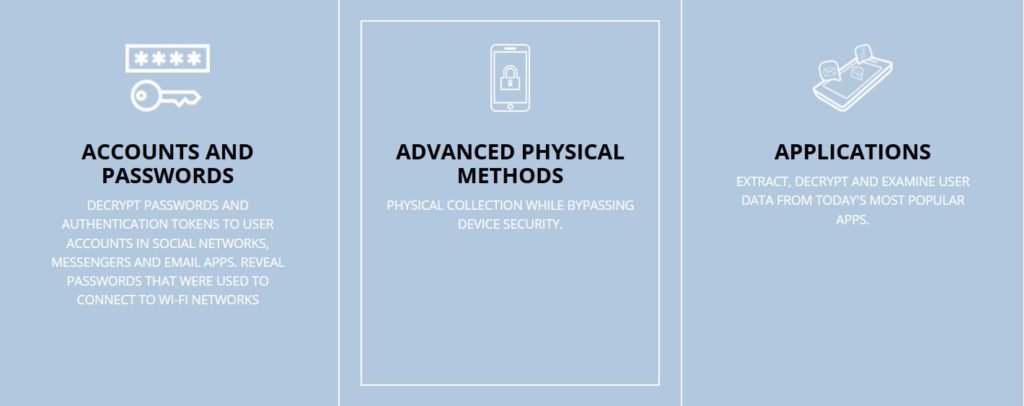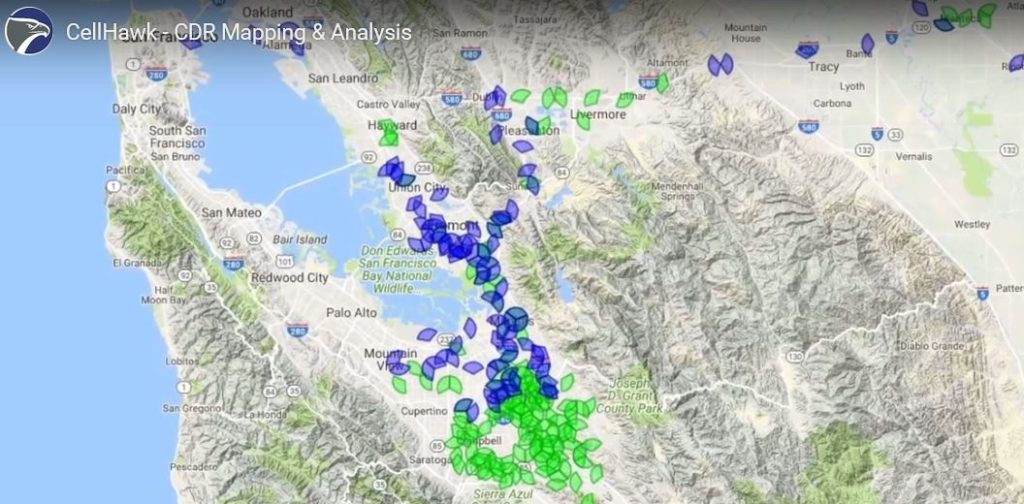
The Lovington Police Department has received a nearly $14,000 grant to purchase two potent tools to augment their investigations. Both Oxygen Forensic Detective and Cellhawk are investigative analytics software platforms that will give the department flexibility and independence when conducting its investigations. The grant was furnished by Phoenix House of Hobbs.

Per a release shared by Detective Sergeant David Miranda of the Lovington Police Department, Oxygen Forensic Detective is an “all-in-one forensic software platform” capable of extracting, decoding, and analyzing data from mobile and Internet of Things (IoT) devices, device backups, drones, and cloud services. It can also find and extract artifacts and system files, as well as credentials for Windows, macOS, and Linux operating systems.
Privacy advocates have been wary of police departments having access to this sort of technology which they fear could be abused. Search and seizure laws have not been able to keep pace with the fast-growing technology people are adding into their homes and every aspect of their lives. According to an article in the Washington Post, law enforcement agency are finding ways to purchase access to people’s data as a way to get around needing a warrant.
Oxygen Forensic Detective will effectively enable detectives to bypass screen locks, decode passwords for encrypted backups, and “extract and parse data from secure applications”, as well as recovering deleted data.

The CellHawk data platform provides visualizations of large quantities of data collected from cellular towers and providers. Accessible via web browser, CellHawk can download call detail records to determine who talked to who, and where the calls took place.
“Cellular device analysis is an invaluable tool in modern day criminal investigation,” the release reads. “Devices seized through legal process…are ‘dumped’ (data is extracted) through the above platforms, yielding invaluable evidence in virtually every type of police investigation.”
Detectives will be able to retrieve “a suspect’s call, image, text and email information and history”, as well as their “geographical information, web browsing, and social media history” using CellHawk.
Lovington PD was previously accessing this information through the help of third parties, as the analytics software was out of the department’s price range. While law enforcement agencies typically need a court order to compel the release of private data, it is not always necessary and data may be handed over voluntarily by third-parties choosing to cooperate with law enforcement. That isn’t always a reliable strategy for investigations.
“There really is no such thing as private anymore,” says Clayburn Griffin, owner of Clayburn.Digital, an IT company in Lovington, NM. Griffin provides services that help people secure, backup and delete their sensitive files. “Whatever data you have on your phones, computers and other devices, there’s no guarantee someone can’t find a way to access it, particularly if it’s connected to the Internet.” There are still precautions people can take, Griffin advises, and suggests that people handling sensitive information put thought and consideration into their device and network security.
As with many privacy concerns, it will require a balancing act by law enforcement in order to obtain vital information for their investigations without infringing on people’s rights to privacy. Privacy advocates say that transparency is key and urge law enforcement to be clear and upfront with what data they’re obtaining and why. Advocates have also been pushing for “data privacy rights”, with Democrat Andrew Yang in particular making it a key component of his unsuccessful 2020 presidential bid.
“The Lovington Police Department is deeply grateful to the Phoenix House for facilitating this grant,” the release concludes.
The Phoenix House, based in Hobbs, provides services to victims of sexual and domestic assault, including physical exams and victims’ advocacy services. The organization works hand in hand with the Lovington Police Department to provide resources in situations where child abuse, sexual assault, or domestic violence are present. The Phoenix House is sponsored by Crosswinds Community Church, Taylor St. Church of Christ, LEACO, Nuclear Waste Partnership, and the Maddox Foundation.


